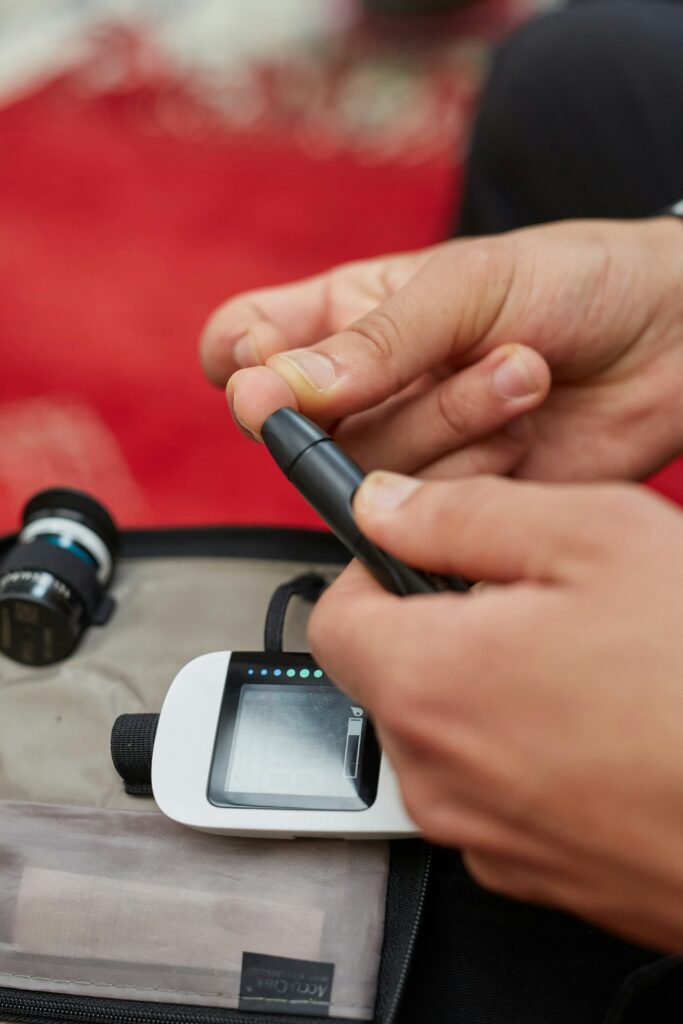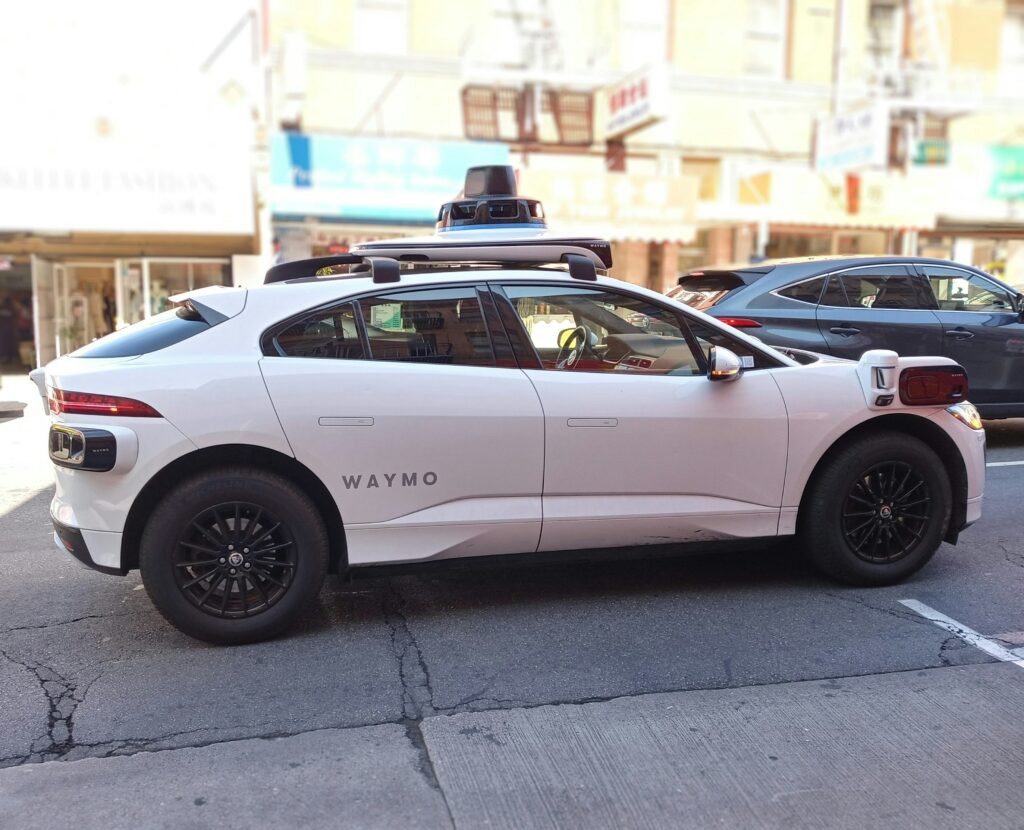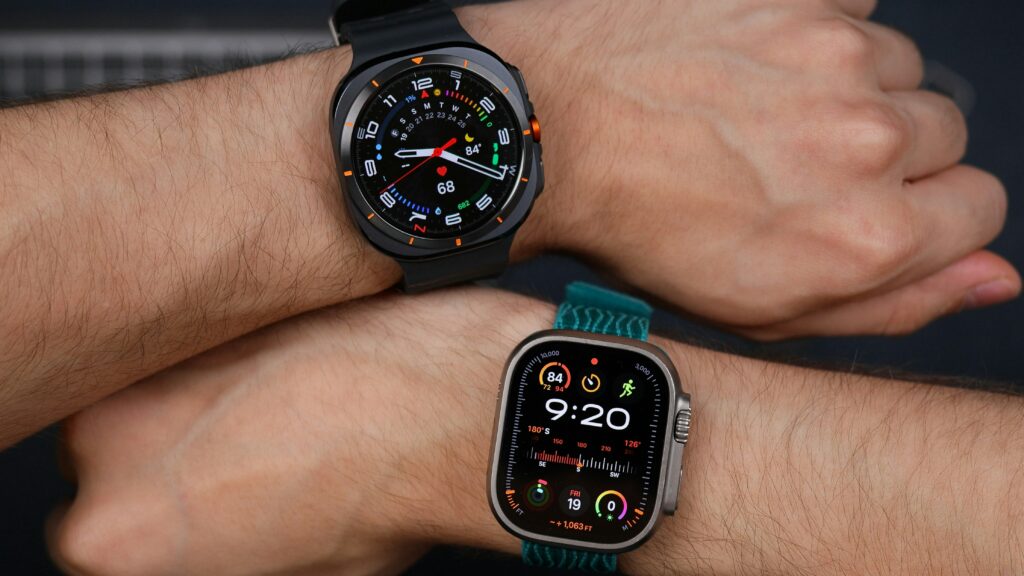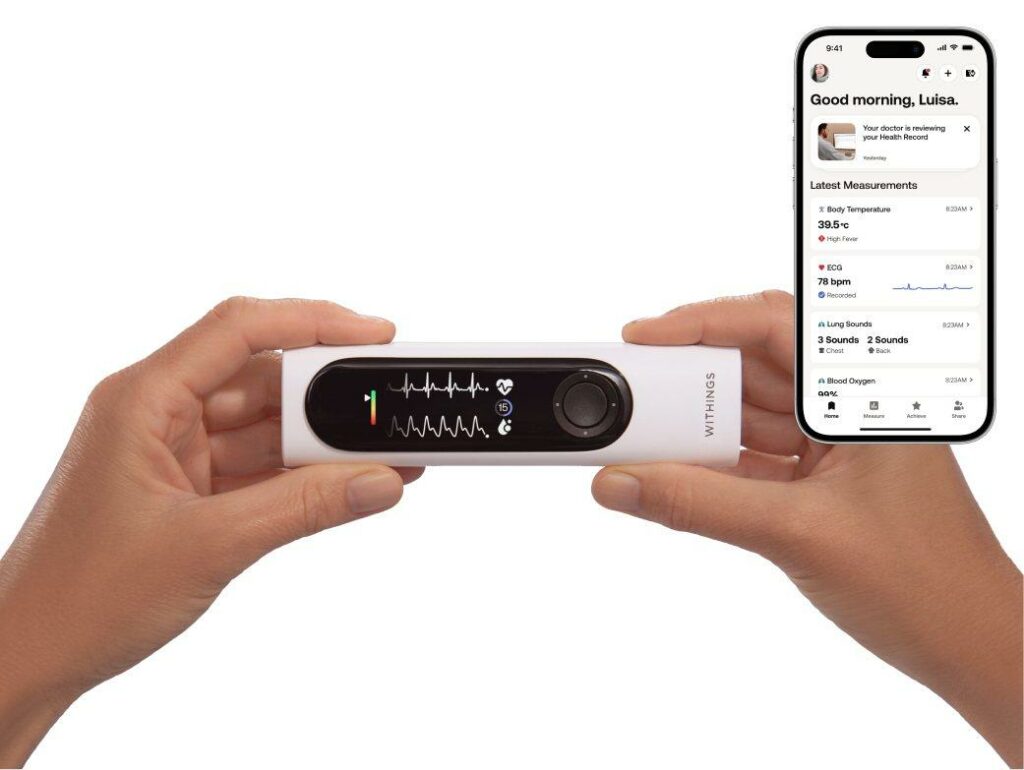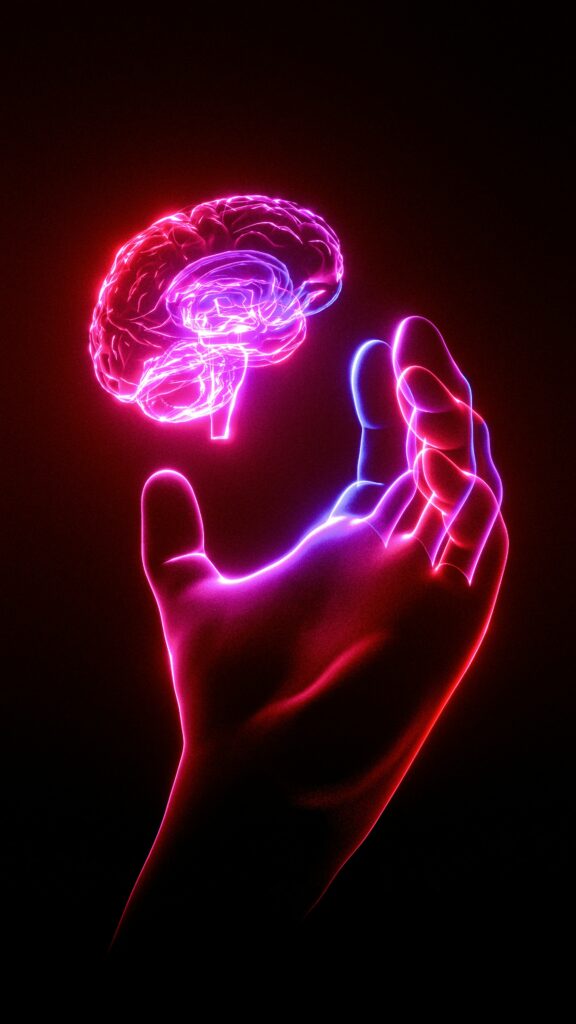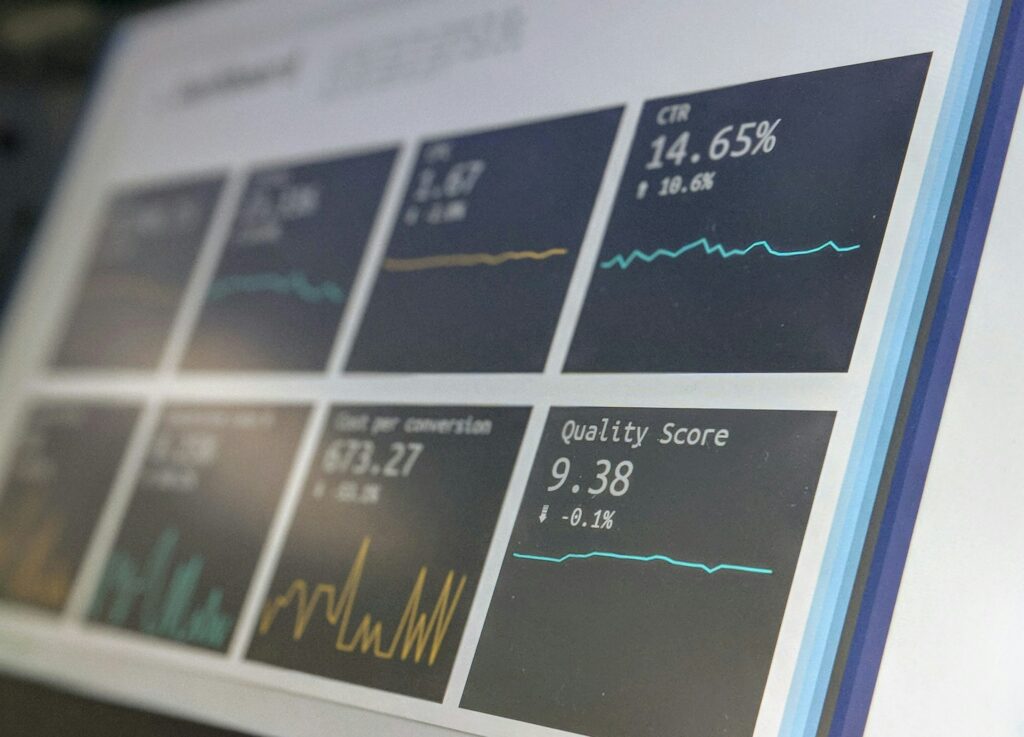When Healthcare Meets Waymo: What Driverless Cars Can Teach Us About AI and Digital Health
The September Refresh: How a Seasonal Reset Shapes Health Decisions in the Digital Era
Should We All Wear Wearables?
Can A Little Gadget Help You Make Smarter Health Decisions?
Empowering Brain Health: The Hidden Power of Decision-Making in a Digital Age
Stop Tracking Everything: How AI and Digital Health Tech Can Help You Make Smarter Health Decisions
How to Get Better at Decision-Making in an AI and Tech-Driven World in 2025
Welcome to 2025, a year where artificial intelligence writes your emails, plans your meals and other decisions, and maybe even, according to an MIT study, predicts your next move. We live in a world dominated by algorithms, data, and digital health tools promising to make life easier–but are they truly helping you become the best version of yourself?
Here’s a bold truth for the New Year: The decisions, actions, and plans for your life start with you. You get to be the CEO. And like any good CEO, your success depends on the quality of your decisions. In this hyper-connected, AI-driven world, it’s not about having the best tools; it’s about using them wisely.
The Problem: Decision Fatigue in the Digital Era
Every day, you face countless decisions. From choosing which health app to trust, to figuring out how to balance screen time and self-care, the sheer volume of choices can be paralyzing. Add AI recommendations that nudge you toward options that seem right but might not align with your goals, and suddenly, your decision-making power feels hijacked.
But here’s the good news: with a few strategic moves, you can reclaim control and turn 2025 into the year you own your decisions.
3 Game-Changing Strategies for Smarter Decisions in 2025
1. Audit Your Algorithms
AI isn’t inherently good or bad–it’s a tool. But the way it influences you depends on how it’s programmed. Start by asking:
• What apps or platforms am I relying on the most?
• Are their recommendations serving my goals or theirs?
For example, is your health app pushing fad diets or genuinely tailored advice? Spend an hour this week diving into the settings of your most-used apps. Fine-tune them to align with your priorities. Disable notifications that trigger impulse decisions. You’re not just a user; you’re a curator.
2. Embrace the 5% Rule
Perfectionism is the enemy of progress, especially in decision-making. Instead of agonizing over every choice, aim to improve just 5% of your decisions this year.
• Swap one mindless scrolling session for a walk.
• Choose one AI tool that genuinely simplifies your life.
• Commit to one new habit, like journaling your decisions to learn from them.
Small, consistent improvements compound over time. By the end of 2025, you’ll see a real difference.
3. Decide Like a Scientist
Great scientists don’t fear failure–they expect it. When making a tough decision, treat it like an experiment:
Formulate a hypothesis: What do you think will happen if you say yes to that new opportunity? What about trying to make that decision about your older parent or grandparent who needs more daily care?
Test it: Give yourself a timeframe (e.g., 30 days) to see how it impacts your life.
Review the results: If it works, double down. If not, adjust course.
By thinking this way, you’ll turn every decision into a learning opportunity. And you’ll learn more about how you personally make decisions.
A New Year, a New Mindset
2025 isn’t just another year–it’s your chance to redefine how you navigate a world dominated by AI and tech. Remember, while these tools are powerful, you are the ultimate decision-maker.
So, this year, don’t just let life happen to you. Take the reins. Question the algorithms. Simplify your choices. Experiment boldly.
Because when you become the CEO of your decisions, you don’t just survive in a tech-driven world–you thrive.
Here’s to making smarter, braver, and more intentional decisions in 2025. Your future self is cheering you on.
